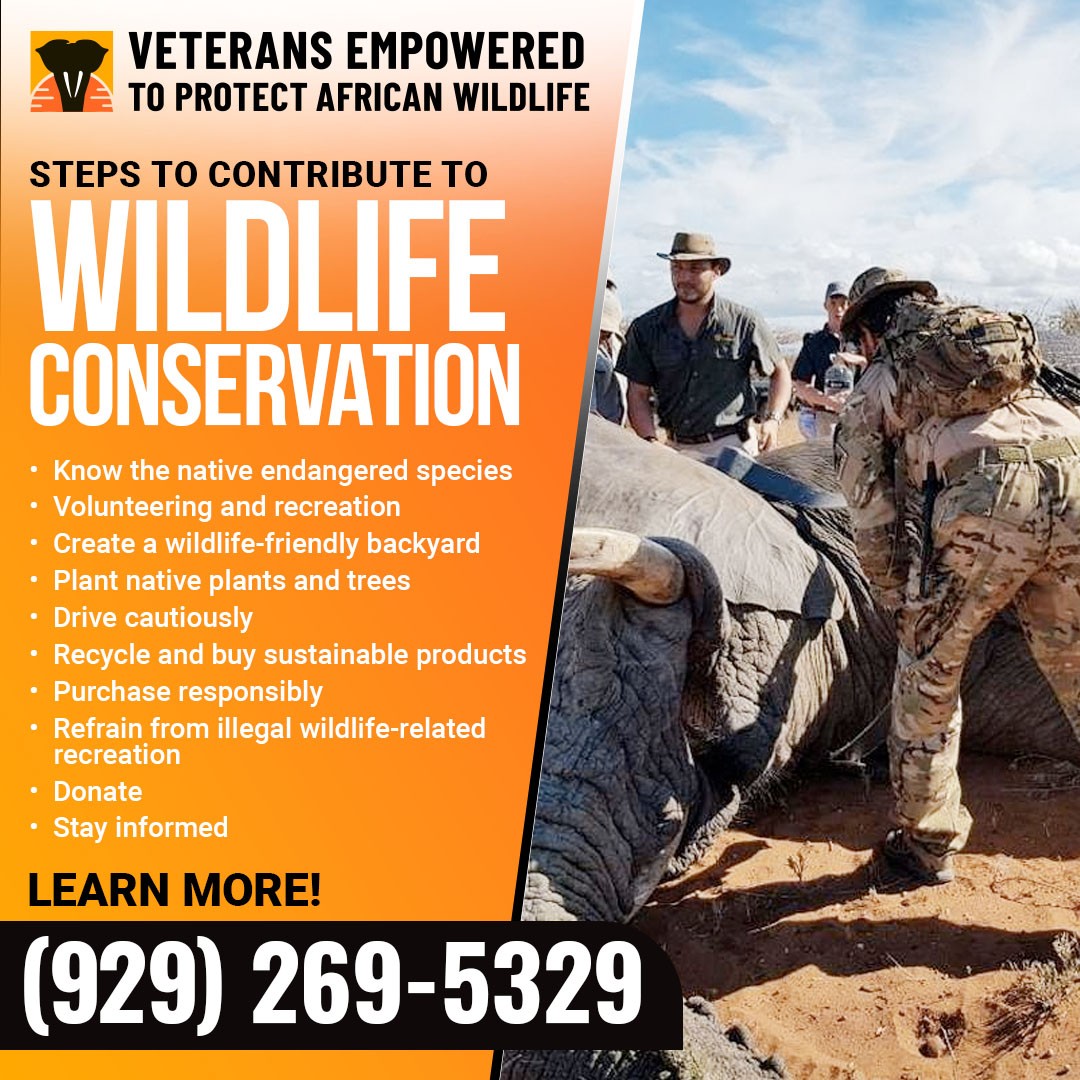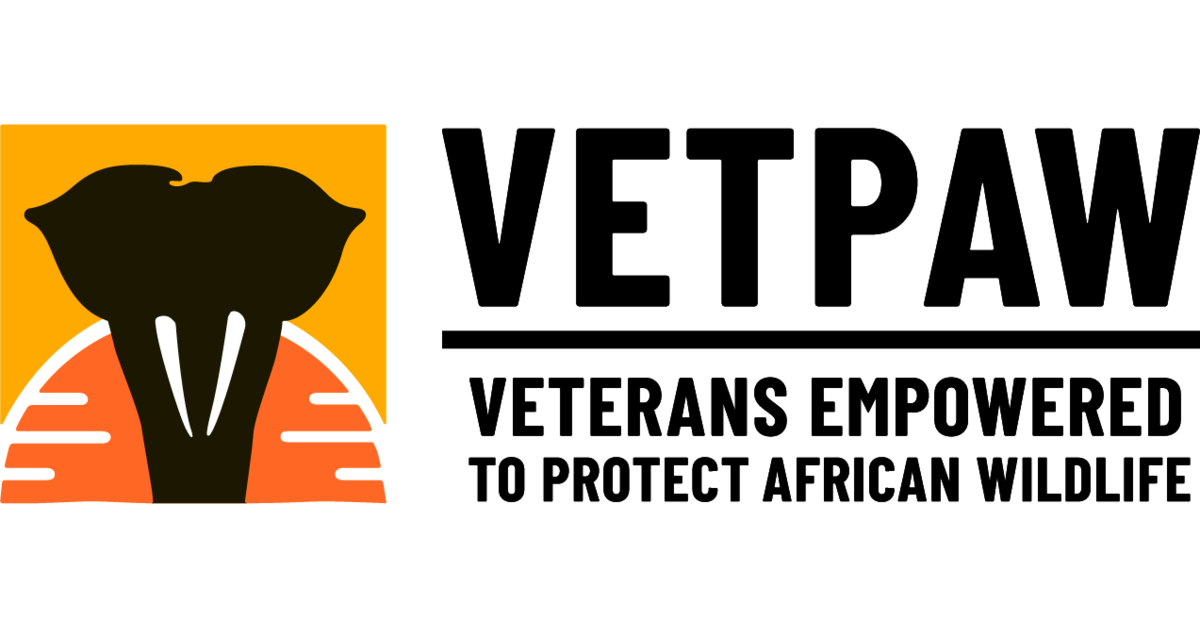Steps to contribute to wildlife conservation
Wildlife conservation impacts every human being on the planet and therefore should be a responsibility that must be borne by everyone. What are some of the ways everyone can contribute to wildlife conservation? VETPAW reviews some of the ways.
1. Know the native endangered species: Research the wildlife found in and around the area of residence and learn about their role in the ecosystem and their status in the IUCN list. Join networks that offer regular information on these species and their conservation. Learn and share information with friends and family to create awareness.
2. Volunteering and recreation: Visit national wildlife refuges, parks, or other open spaces that offer protection to many native wildlife, birds, fish, and plants. Volunteer at these local entities to contribute to wildlife conservation. Participate in wildlife-related recreational activities to support job creation and local businesses in wildlife.
3. Create a wildlife-friendly backyard: Dispose of trash responsibly by securing garbage in shelters or cans with locking lids. Disinfect bird baths regularly to avoid disease transmission. Place decals on windows to deter bird collisions. Avoid the use of pesticides and other chemicals for gardening or farming as they seep into the food chain and cause serious harm to the ecosystem.
4. Plant native plants and trees: These plants and trees offer both food and shelter to the native wildlife. Native insects like bees and butterflies can help pollinate the plants. The introduction of non-native species is detrimental to the native wildlife population. Therefore, encourage the planting of native trees that support native species’ population.
5. Drive cautiously: Driving through a wildlife corridor such as roads poses the risk of collision with the wildlife crossing. This hazard to wildlife can be reduced by driving cautiously and slowly in such areas.
6. Recycle and buy sustainable products: Recycling helps wildlife by reducing the need to expand landfills, mining, and drilling operations besides the primary benefit of the preservation of natural resources. Buy recycled and sustainable products to protect wildlife flora and fauna. Recycling cell phones, for instance, is helpful as a certain mineral used in cell phones and other electronics is mined from gorilla habitats.
7. Purchase responsibly: During overseas travels, be mindful of the source of the product being purchased. Avoid buying products made from endangered or threatened species and the illegal wildlife market.
8. Refrain from illegal wildlife-related recreation: Shooting, trapping, or forcing a threatened or endangered animal into captivity is illegal and can lead to their extinction. Refrain from participating in such activities and report the crime to the local state or federal wildlife enforcement authority.
9. Donate: Conservationists around the globe are always struggling with the lack of funds to sponsor the equipment, technology, the medical treatment of animals as well as the salaries of employees. By making a one-off or recurring donation to a wildlife conservation entity can make a world of difference. Moreover, buying products such as toys, postcards, and stamps sold by environmental charities not only contributes monetarily to the cause but also helps spread awareness about the conservation cause.
10. Stay informed: Keep up to date about the status of animals in the IUCN red list. This especially holds true for animals normally farmed for food. Many species are over-farmed or farmed in improperly curated conditions, in particular fish. By refraining from consuming overexploited species helps with sustaining their populations.
VETPAW, along with conservationists across the globe, is driven to spread awareness about the importance of wildlife conservation and how each individual can contribute to it.
VETPAW - Veterans Empowered to Protect African Wildlife
Founded in 2013, VETPAW is a non-profit organization and a community of US war veterans dedicated to protecting African wildlife and training local African rangers in the war against poaching.
Visit VETPAW.org or call at (929) 269-5329 to make a contribution or volunteer for sustainability and wildlife conservation.

























